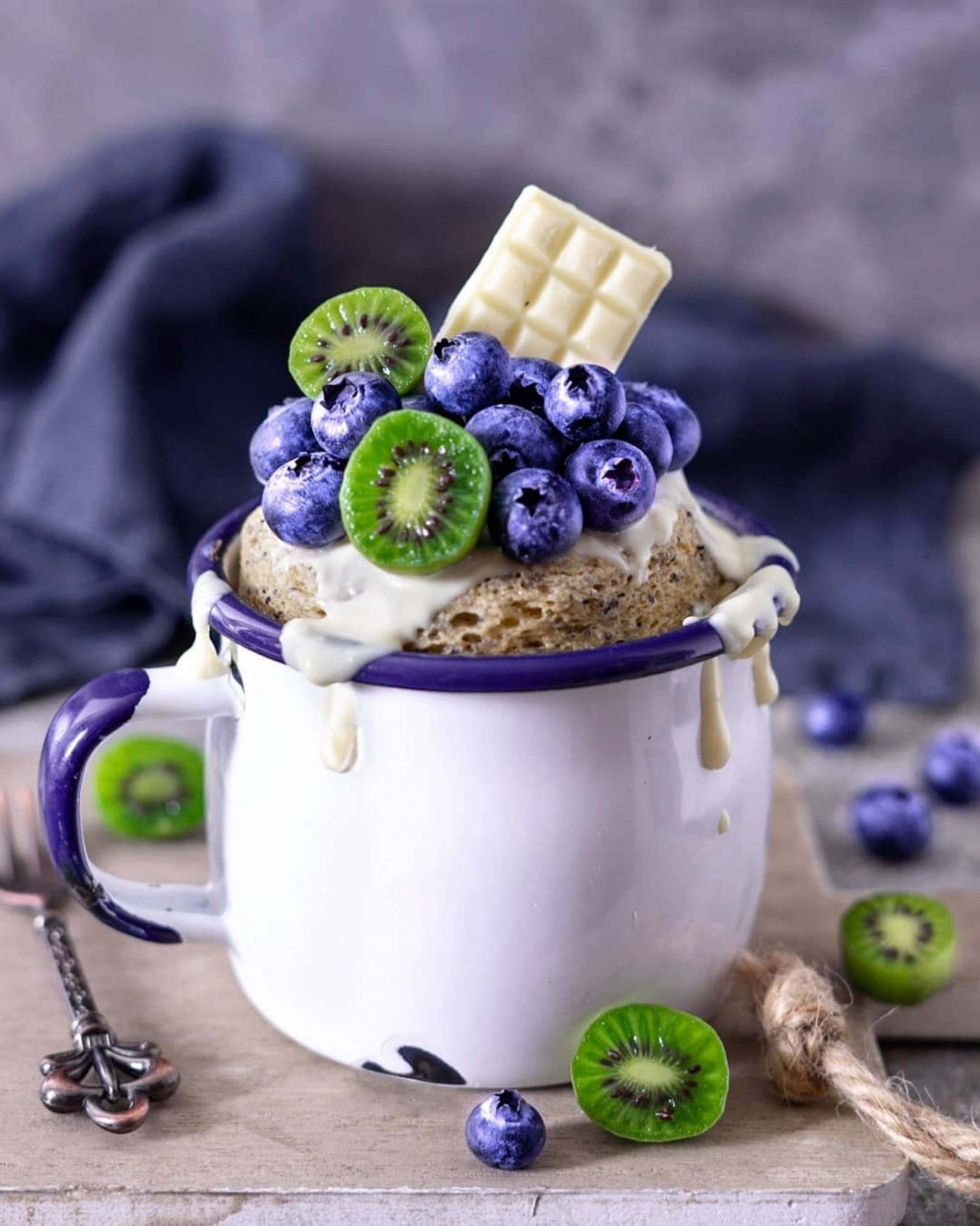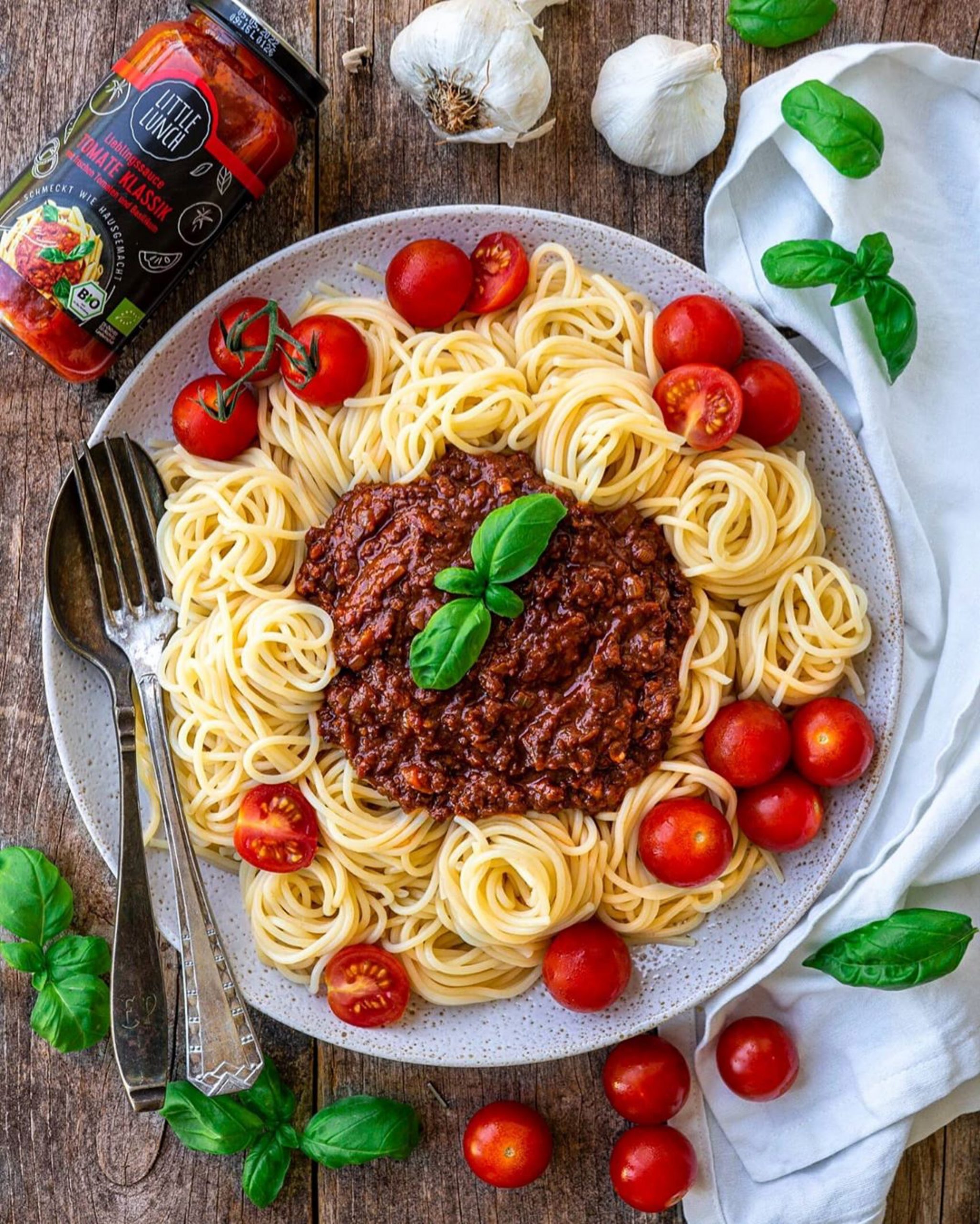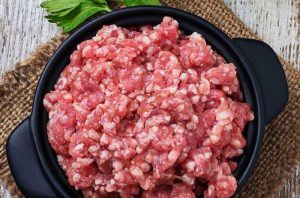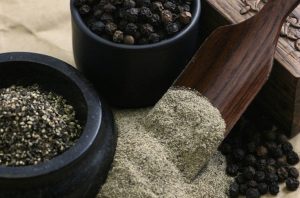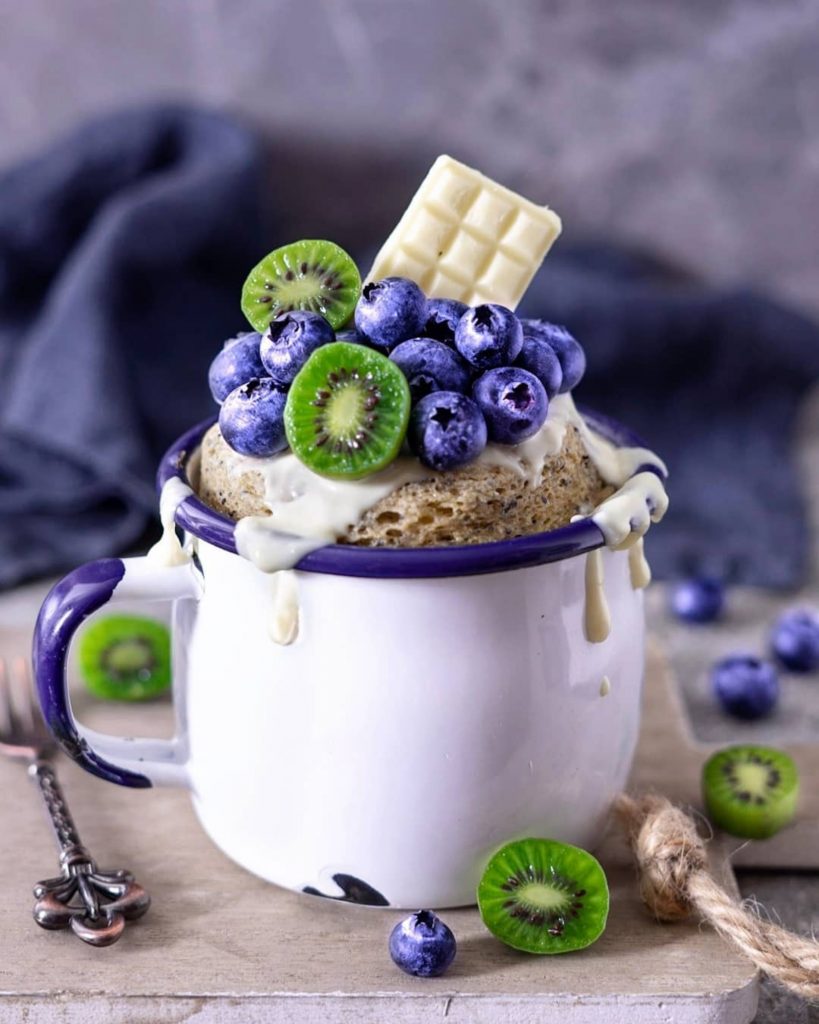
The vegan diet involves eliminating all animal-based foods, including items like milk, eggs, and even honey.
Following a vegan diet means avoiding foods that come from animals. People who are strictly vegan eliminate more than just red meat and chicken. Fish is out, too, and so are milk, cheese, and even eggs.
However, if you’re considering a vegan diet, you may be surprised to learn that there are variations, and all vegans don’t always follow the same food rules. Nor do they all choose this type of diet for the same reasons. And while eating a vegan diet can help you stay at a healthy weight, following a plant food-only diet doesn’t guarantee weight loss.
Jill Nussinow, MS, RD, dietitian, educator, and writer, knows the ins and outs of the vegan diet. She’s been eating this way for about seven years and was a vegetarian for many years before that.
Nussinow has seen some people approach the vegan diet for health reasons. A plant-based diet has been associated with a lower risk of heart disease, obesity, and certain cancers. Others become vegan for ethical reasons: They may object to killing animals for their meat or confining them for their eggs or milk, or may eat this way to reduce their impact on the environment. Still others may be what a friend of Nussinow’s calls “chea-gans,” people who are mostly vegan but cheat a little.
As a result, someone who’s a vegan for health reasons may be more inclined to eat honey than someone who avoids all foods from animals for ethical purposes. However you approach veganism, says Nussinow, “I don’t think people need to classify themselves. If you wanted to probably be healthier and lose weight, eating vegan more of the time would be helpful even if you didn’t want to eat vegan all the time.”
Although the people Nussinow sees at vegan or vegetarian gatherings are typically slim or at a normal weight, a plant-based diet doesn’t automatically equal weight loss. You can still gain weight from eating too many servings of nuts, nut butters, fat-rich avocados, and seeds.
Also, the processed foods industry has gotten on the vegan bandwagon, creating animal-free convenience choices like soy burgers and cheeses, but with the same unwanted additives found in non-vegan packaged foods, like excess sugar, fat, and salt that you don’t need or want. These products typically aren’t that filling, and it’s possible to overeat anything. If you eat bigger portions and consume too many calories, even too much tofu can derail your weight-loss efforts.
Being Vegan: Getting Started
Nussinow says that following a vegan lifestyle isn’t any more difficult than eating a diet that contains meat, but admits that you may have to do a bit more thinking and planning ahead before meals.
Here are a few suggestions for enjoying a vegan lifestyle:
Educate yourself. When embarking on a vegan diet, talk to other people who are vegan. If you have a Vegetarian Society group in your area, members can steer you in the right direction. Nussinow recommends the book Becoming Vegan: The Complete Guide to Adopting a Healthy Plant-Based Diet by Brenda Davis and Vesanto Melina.
Eat whole foods. Stick with whole fresh foods and limit frozen pizzas, soy cheeses, and other processed convenience products that tend to be high in fat and salt.
Branch out. Try not to stick to the same fruits and vegetables day after day. Instead, eat a range of brightly colored produce to make sure you get plenty of different vitamins and minerals. Also remember that you’re not just limited to fruits and vegetables. Eat plenty of whole grains, beans, and lentils, too. When eaten in moderation, nuts, seeds, and avocados can also play an important role in a vegan diet, serving as good sources of protein and heart-healthy omega-3 fatty acids.
Finally, whether you’re adopting a vegan diet for better health, weight loss, or both, keep in mind that other healthy lifestyle rules still apply to people on a vegan diet: Drink lots of water and get regular exercise and plenty of rest, says Nussinow.
Checkout our top yummy meal ideas below.
Source Everyday Health

